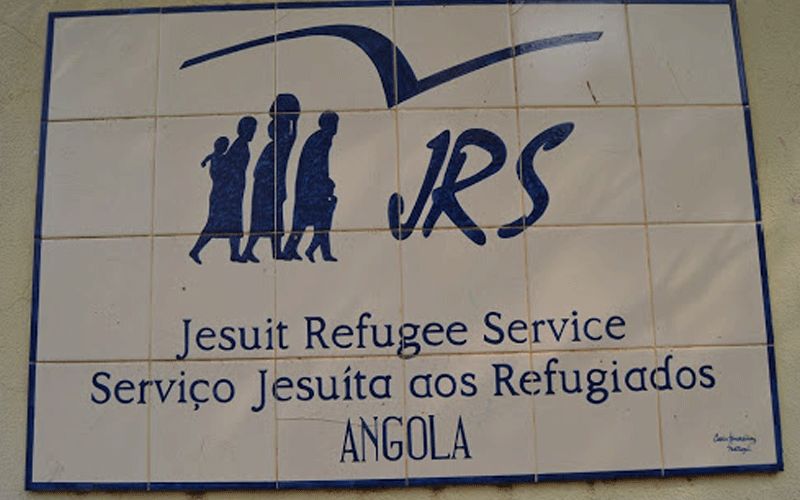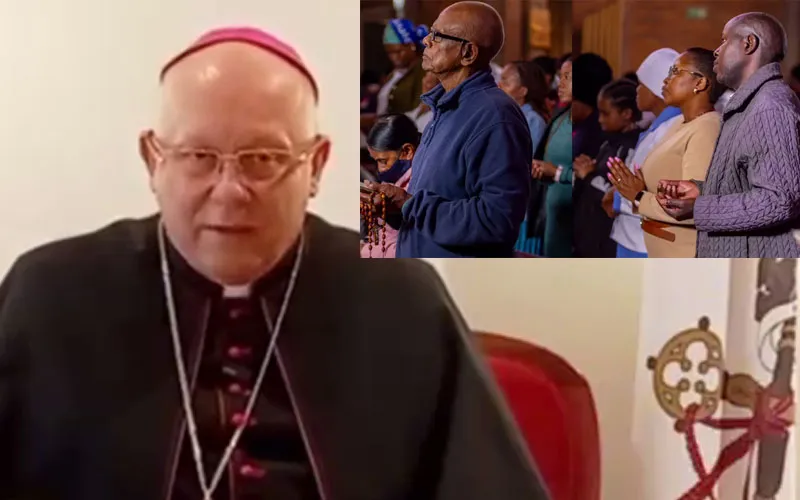Luanda, 02 July, 2020 / 10:17 pm (ACI Africa).
Officials of the international refugee organization of the Society of Jesus (Jesuits), the Jesuit Refugee Service (JRS) based in Angola have had to adjust their approaches in order to meet the needs of beneficiaries in the wake of COVID-19, one of the officials has said.
In a sharing published by the Inter-Regional Meeting of the Bishops of Southern Africa (IMBISA) Thursday, July 2, Fr. Celestine Epalango, a Jesuit says, “After COVID-19 had knocked on our doors in mid-March, JRS was forced to rethink its mission.”
He clarifies, “It was not about changing the content of the mission itself. Instead, it was about adjusting our strategies to the new context created by the Coronavirus pandemic.”
The adjustment has involved engaging the refugees in producing face masks while continuing with awareness programs aimed at ending refugee situations, Fr. Celestine says in his reflection.
“JRS is still serving, accompanying and defending refugees in Lunda Norte Province by developing formative materials focused which aim on raising community awareness so as to prevent more refugees or the internal displacement of persons caused by the disruptive effects of COVID-19,” the Jesuit Priest says adding that the information is “disseminated by community journalists on a daily basis.”








